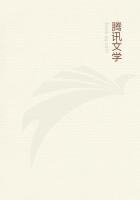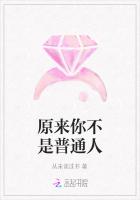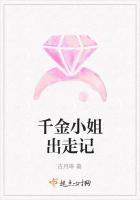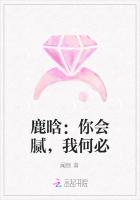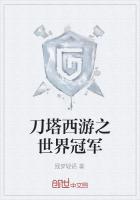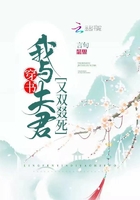In reminiscences of my journalistic friends I do not include many of the most valued who are still living. Of those who have passed away one of the most faithful and devoted was Edward H. Butler, editor and proprietor of the Buffalo Evening News.
Mr. Butler began at the bottom as a newspaper man and very early and rapidly climbed to the top. He secured control of the Evening News and soon made one of the most, if not the most, widely circulated, influential, and prosperous papers of western New York. Personally and through his paper he was for many years my devoted friend. To those he loved he had an unbounded fidelity and generosity. He possessed keen insight and kept thoroughly abreast of public affairs was a journalist of high order.
It was my privilege to know Charles A. Dana very well. I first met him when he was on the New York Tribune and closely allied with Horace Greeley. He made the New York Sun one of the brightest, most original, and most quoted newspapers in the United States.
His high culture, wonderful command of English, and refined taste gave to the Sun a high literary position, and at the same time his audacity and criticism made him a terror to those with whom he differed, and his editorials the delight of a reader.
Personally Mr. Dana was one of the most attractive and charming of men. As assistant secretary of war during Lincoln's administration he came in intimate contact with all the public men of that period, and as a journalist his study was invaded and he received most graciously men and women famous in every department of intellectual activity. His reminiscences were wonderful and his characterizations remarkable. He might have published an autobiography of rare value and interest.
When the elder James Gordon Bennett died the newspaper world recognized the loss of one of the most remarkable and successful of journalists and publishers. His son had won reputation in the field of sport, but his contemporaries doubted his ability to maintain, much less increase, the sphere of the New York Herald.
But young Bennett soon displayed rare originality and enterprise.
He made his newspaper one of national and international importance.
By bringing out an edition in Paris he conferred a boon upon Americans abroad. For many years there was little news from the United States in foreign newspapers, but Americans crazy for news from home found it in the Paris edition of the New York Herald.
Mr. Bennett was a good friend of mine for half a century. He was delightful company, with his grasp of world affairs and picturesque presentation of them. A President of the United States who wished to change the hostile attitude of the Herald towards his administration and himself asked me to interview Mr. Bennett.
The editor was courteous, frank, but implacable. But some time afterwards the Herald became a cordial supporter of the president.
The interview and its subsequent result displayed a characteristic of Bennett. He would not recognize that his judgment or action could be influenced, but his mind was so open and fair that when convinced that he was wrong he would in his own way and at his own time do the right thing.
Mr. Bennett did me once an essential service. It was at the time when I was a candidate for re-election to the United States Senate.
I cabled him in Paris and asked that he would look into the situation through his confidential friends, reporters, and employees, and if he found the situation warranted his taking a position to do so.
Of course the Herald was an independent and not a party journal and rarely took sides. But not long afterwards, editorially and reportorially, the emphatic endorsement of the Herald came, and positive prediction of success, and were of great help. He was one of my groomsmen at my wedding in 1901.
Among the thousands of stories which appear and disappear like butterflies, it is a curious question what vogue and circulation one can have over others. By an accident I broke one of the tendons of my heel and was laid up in my house for some time, unable to walk. The surgeon fixed the bandage in place by a liquid cement which soon solidified like glass.
Julian Ralph, a brilliant young newspaper reporter, wrote a long story in the New York Sun about a wonderful glass leg, which had been substituted for the natural one and did better work. The story had universal publication not only in the United States but abroad, and interested scientists and surgeons. My mail grew to enormous proportions with letters from eager inquirers wanting to know all the particulars. The multitude of unfortunates who had lost their legs or were dissatisfied with artificial ones wrote to me to find out where these wonderful glass legs could be obtained.
The glass-leg story nearly killed me, but it gave Ralph such a reputation that he was advanced to positions both at home and abroad, where his literary genius and imagination won him many honors, but he never repeated his success with my glass leg.
I suppose, having been more than half a century in close contact with matters of interest to the public, or officially in positions where I was a party to corporate activities or movements which might affect the market, I have been more interviewed than any one living and seen more reporters. No reporter has ever abused the confidence I reposed in him. He always appreciated what Itold him, even to the verge of indiscretion, and knew what was proper for him to reveal and what was not for publication. In the critical situations which often occurred in railway controversies, this cordial relationship with reporters was of great value in getting our side before the public.

